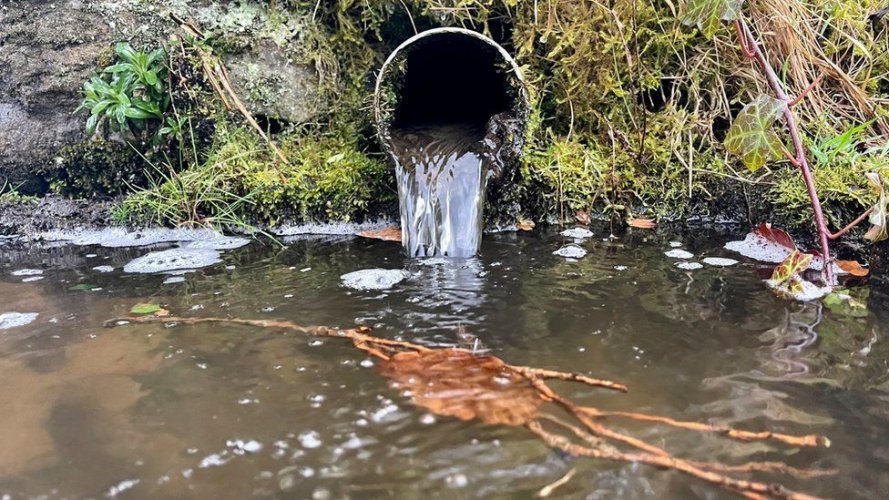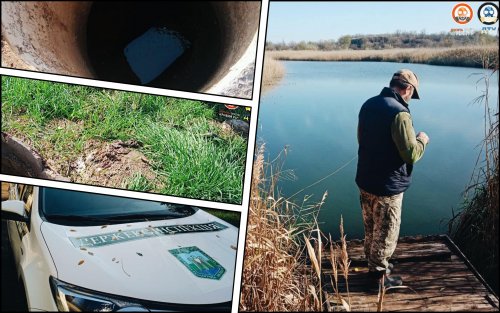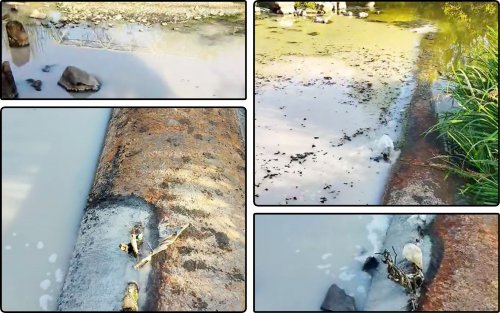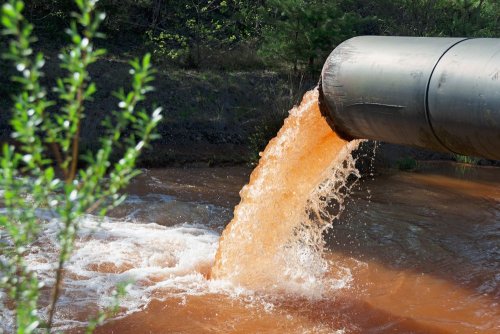In the UK, untreated wastewater was discharged into Gloucestershire rivers in 2021 more than 5,178 times in 50,602 hours in 2021.
This practice is intended for use only in cases of absolute emergency, according to the BBC.
Environmental leaders said it was not their responsibility, but they did their best to bring about positive change and keep the Gloucestershire rivers clean.
At a meeting of the Gloucestershire City Council working group, a representative of the Severn Trent water company, which contributed almost three-quarters of all 37,602 hours of production, acknowledged that the company would not stop discharging wastewater into local rivers. However, he noted that the company is working to reduce discharges.
Severn Trent invests £ 100 million a year to improve the condition of rivers.
"As part of our Get River Positive approach, we intend to ensure that our stormwater spills and wastewater treatment works do not harm rivers, based on the actions of the Environment Agency," – the spokesman added.
Wessex Water has said it is battling storm surges that have had the greatest impact on the environment.
"We want to completely eliminate the discharge of untreated wastewater, starting with the most frequent stormwater discharges and those that have any impact on the environment. We invest more than 3 million pounds a month to reduce storm flows in our region, with £ 150 million will be spent between 2020 and 2025,” – said a Wessex Water spokesman.
In addition, Thames Water said it hopes to stop wastewater emissions over the next 30 years.
We will remind, consequences of large-scale floods because of destruction of a dam in Ukraine in Irpen are named.
As reported by EcoPolitica earlier, BES research has shown that in Britain, most national parks do not bring significant benefits to nature.





